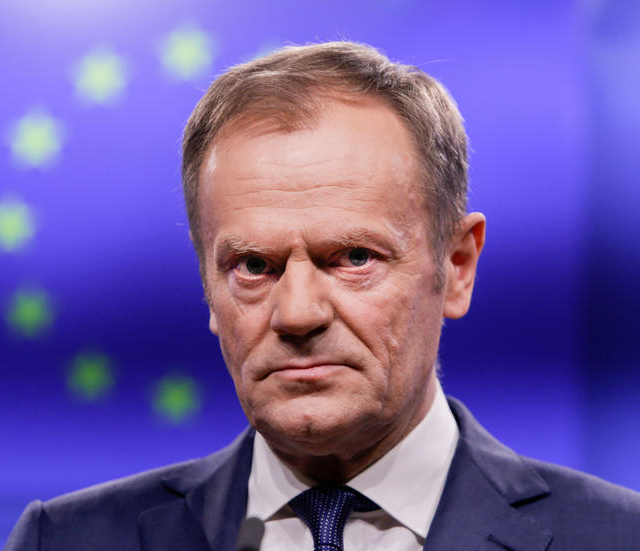Photo by Andy Newton on Unsplash
In 2020 the UK finally left the EU, three years after the referendum and nearly fifty years since it joined what was then called the European Economic Community.
Nigel Farage confidently forecast that other Member States would soon follow suit, and that “after Brexit, the EU will no longer exist”. As usual he was 100% wrong.
More candidate countries are applying to join, while the debate on whether Northern Ireland and Scotland should leave the UK continues unabated.
Remainers were right that Brexit would create more problems than it solved. Labelled ‘Project Fear’ by the Leave campaign, withdrawal has brought more costly red tape, less political clout and a massive annual hit to the UK economy. The fraudulent Leave campaign in reality was always Project Fantasy, but the con-trick was better argued and we will live with the consequences for decades.
What of the future? How will historians view the result in say thirty years’ time? Might the UK rejoin what by then will surely be a much-enlarged EU?
Perhaps when the nation is ready, which means not for decades. Any future rejoining would also be on different terms, which paradoxically would ultimately change the UK more fundamentally than Brexit itself.
The UK has always been an outlier in Europe. Initially we chose not to sign the original Treaty of Rome in 1951. When we finally applied ten years later President de Gaulle said Non, arguing that the UK did not subscribe to the EU’s core principles of integration.
He was right: as the largest island nation in Europe, never invaded successfully since 1066, the country clung to its abstract ideological views on sovereignty and independence which remain a significant influence to this day.
When the UK finally joined it continued negotiating for exclusive concessions: a new formula for budget rebates, opt-out from the Social Chapter and ultimately an opt-out from the Euro. The EU Commission recently remarked that as a member we were always trying to get opt-outs, and now we had left we were always trying to get opt-ins. This was never the way that the EU was supposed to work: significantly, with the UK now out, it will never work that way again.
Although many Leavers may now regret voting the way they did, the reluctance to ‘surrender sovereignty’ still has traction in the UK. This would explain the evident concern amongst Labour and LibDem leaders that to be too overtly ‘pro-European’ in policy terms now might appear to be trying to undermine the referendum result and plotting to rejoin by stealth.
For Liberal Democrats to avoid pandering to their Remainer supporters is understandable: to sideline them completely is bizarre, especially when such concern can be so readily dismissed.
Labour has started taking a timid step forward by pledging to re-negotiate the inept trade deal. LibDems should hit the debate head-on by making clear why the party has no immediate plans to re-join the EU. New membership would mean no opt-outs. It would also automatically mean joining the single currency: this is totally taboo for many voters today. Re-joining therefore cannot be on the agenda for decades – until the national mood changes following more years of unnecessary economic pain and growing political marginalisation.
Simply telling the truth would defuse any voter fears about “betraying” Brexit. The LibDem Leadership could then, without fear itself, credibly claim that certain closer co-operation with the EU is not some covert means to this end but an end in itself: specifically to grow the economy and ease the cost-of-living crisis. It should specify a programme, including embracing EU trade, environmental and veterinary rules, which can be no betrayal of Brexit because the UK wrote most of the rules in the first place.
The EU was built on compromise, that no single country could ever have its cake and eat it, but the cake would be larger with everyone getting a healthy slice. Over time this may be the real legacy of Brexit: the dawning realisation, when the downside of going it alone finally sinks in, that the word compromise does not signify admission of failure nor any loss of UK sovereignty in real terms but a practical recognition of real economic and political opportunity.
By 2030 the EU could have 30 plus Member States, all without opt-outs. The recent President Macron proposal for a four-layered membership is unlikely to fly, and it is the departure of outlier UK which is enabling Europe to increase the pace of fuller integration. The UK will be increasingly marginalised until it recognises reality and is prepared to move on.
It will take time and leadership to dilute present ideological prejudice, but the direction of travel is clear. What is unclear is whether LibDems will finally play to their strengths and light the way.




